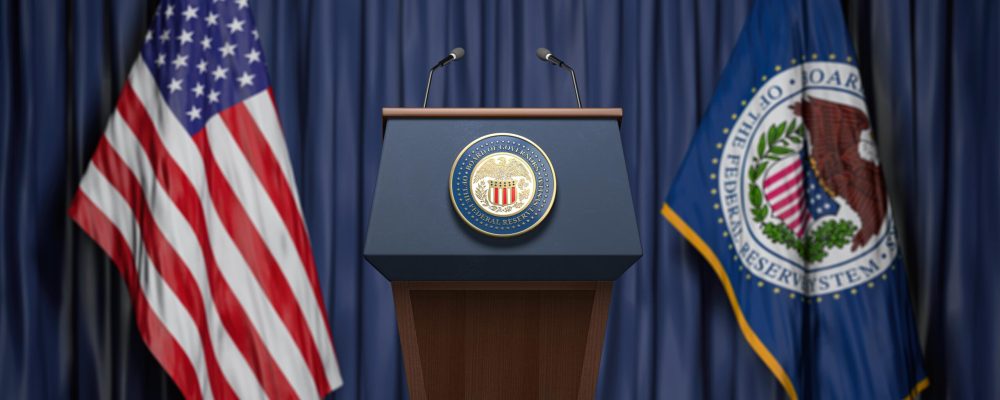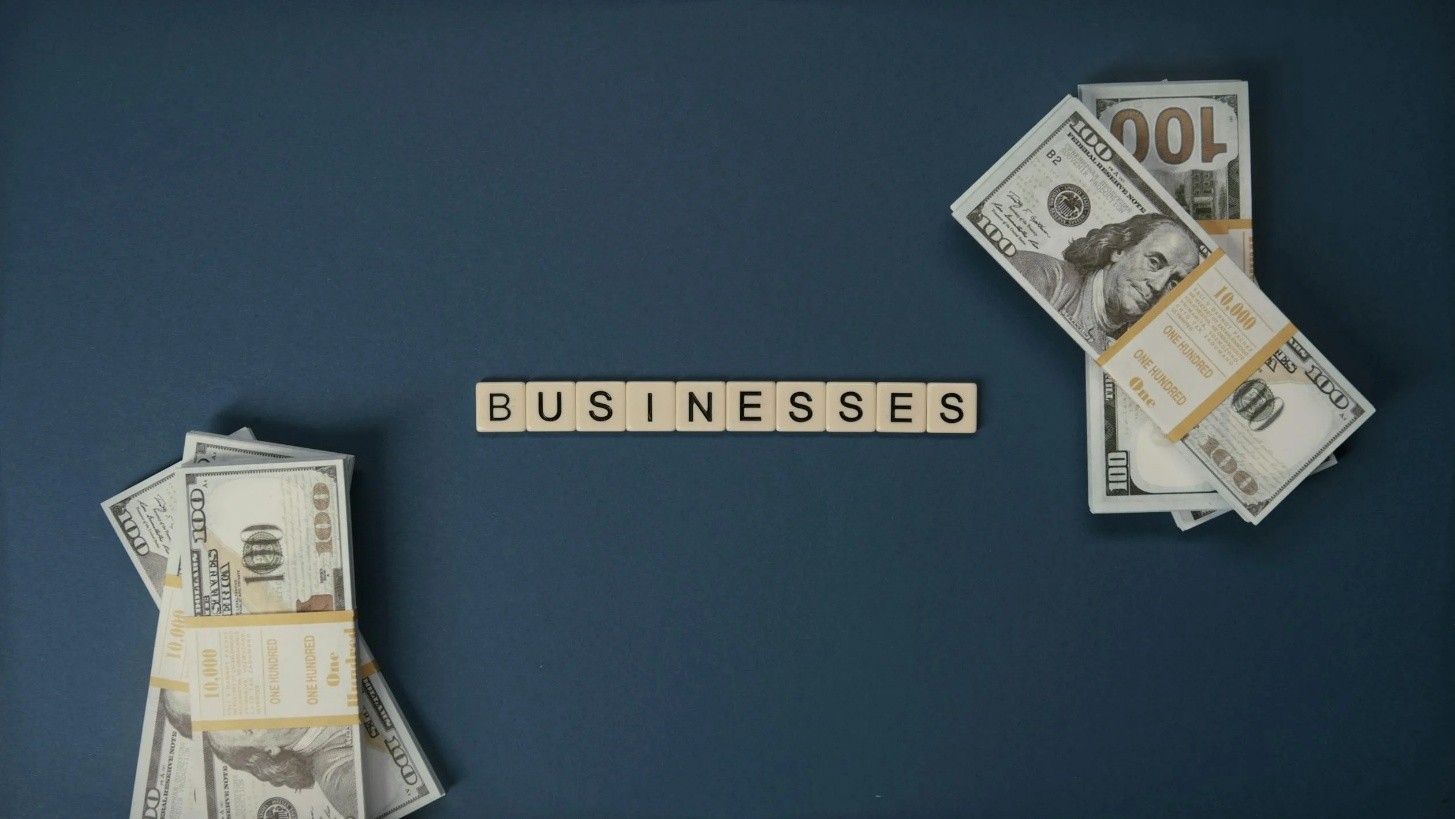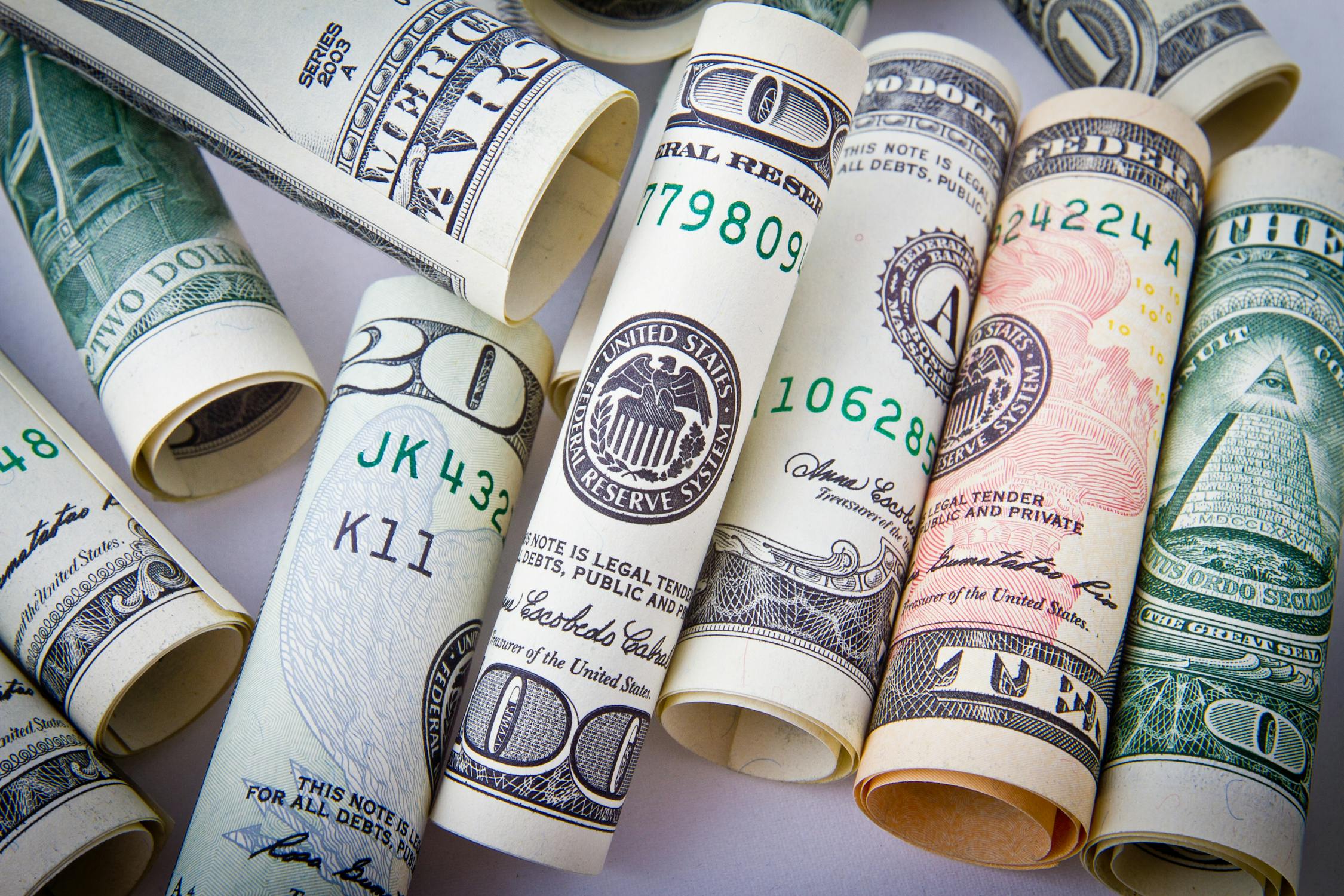By Lydia Chatzopoulou,
As societies advance, elections grow more and more expensive and influence becomes more concentrated, the promise of democracy bends beneath the weight of billion-dollar interests. Can true reform still break through the gridlock? The way political campaigns are funded today gives an outsized voice to billionaires and major corporations. Today, the bulk of campaign financing is provided by affluent donors and special interest groups, with an increasing share coming from sources—and in sums—that seem to skirt current legal regulations.
Behind the scenes, super PACs and dark-money groups funnel massive amounts of cash into elections, often with little transparency. In response, the Brennan Center is advocating for a more balanced system—one that amplifies everyday citizens by matching their small contributions with public funds and tightening rules to prevent unlawful foreign interference in American politics. When billionaires hide behind innocuous-sounding nonprofits, how can voters make informed choices?

More and more, a gap is widening between elected leaders and the people they are meant to serve. One major reason is a campaign finance system tilted heavily toward the wealthy few who can afford to make large donations. Court decisions, like Citizens United, have dismantled long-standing campaign finance safeguards, opening the door for powerful special interests to flood elections with money (e.g., Gilded Age oligarchs vs. modern billionaires). Today, a small group of wealthy donors wields outsized influence through super PACs and opaque nonprofit organizations that hide where the money really comes from.
Some public financing models explore giving voters more direct control over political funding, such as voucher programs that allocate government money to citizens to support the candidates they choose. Another method to boost grassroots involvement is offering tax incentives to individuals who make small donations, encouraging wider participation in the electoral process. Commentators frequently highlight two major dangers posed by unregulated political spending: The risk of corruption among elected officials and the distortion it brings to public discourse. However, the role of money in politics has shifted within today’s digital landscape—an environment overwhelmed by excessive information, dominated by echo chambers of partisan rhetoric, and increasingly indifferent to factual accuracy.

As Supreme Court Justice Anthony Kennedy has previously stated: “Disclosure permits citizens and shareholders to react to the speech of corporate entities in a proper way”. Voters deserve transparency about who is attempting to sway their decisions at the ballot box, and revealing the sources of political donations and expenditures is essential to exposing hidden financial influence. The election campaign plays a vital role in the democratic process, providing a platform for candidates, political parties, advocacy groups, and citizens to present their views and influence voter decisions. It is a key component of informed decision-making and meaningful public debate during elections.
Campaign finance regulations are designed to stop corruption by blocking the exchange of money for political favors or sway over laws and elections. To reduce the power of large financial interests in politics, states can choose from a range of strategies and policy tools. In addition, states can regulate campaign contributions by restricting certain donors and setting maximum donation amounts. Legislators also have the flexibility to craft hybrid policies that merge these approaches, helping to close more loopholes and strengthen oversight. If states don’t step up, who will protect democracy from drowning in dollars?

An effective campaign finance system depends on having a robust enforcement mechanism in place. For real accountability, local and state governments must give election oversight agencies the authority and resources to issue timely, meaningful penalties that deter violations of the law. Modern campaign finance law can often be boiled down to a simple phrase: money equals speech. If money equals speech, how loud is the average voter’s whisper against a billionaire’s roar? For many, this idea signals a troubling future—suggesting that meaningful regulation of political spending may be nearing its demise.
As unchecked political spending continues to distort representation and weaken public trust, meaningful change will require bold policies, greater transparency, and stronger enforcement. The fight for fairer campaign financing is not just about dollars—it’s about preserving the integrity of democracy itself. Fixing campaign finance isn’t radical—it’s a return to democracy’s original promise: one person, one vote.
References
- Reform Money on Politics. BRENNAN CENTER FOR JUSTICE. Available here
- Drowning Out Democracy. Harvard Law Review. Available here
- 4 Solutions to Fight the Corruptive Influence of Money in Politics. LWV. Available here
- How States Can Fight Money in Politics. INDIVISIBLE. Available here




